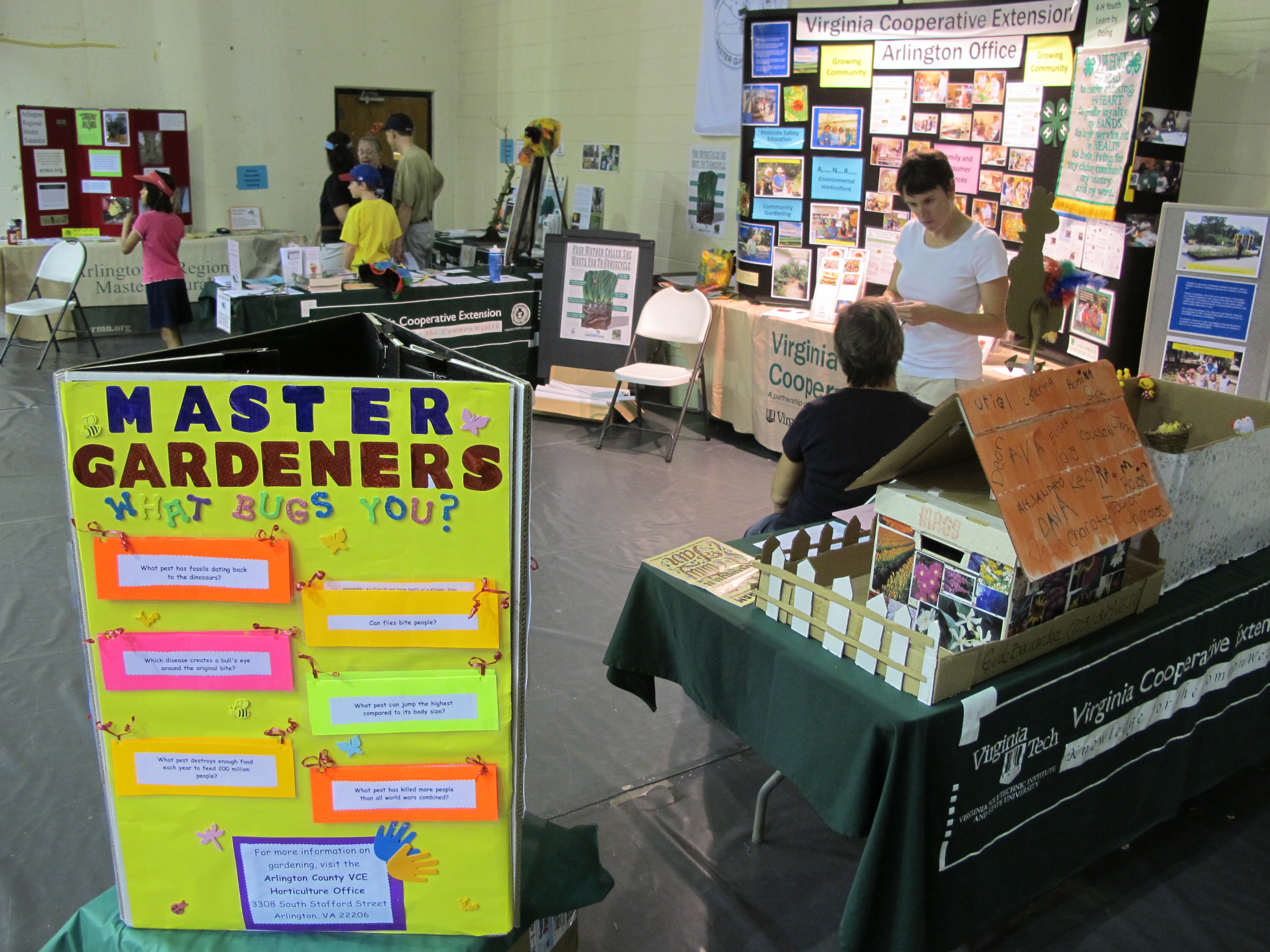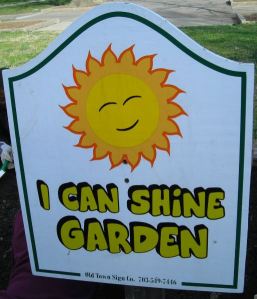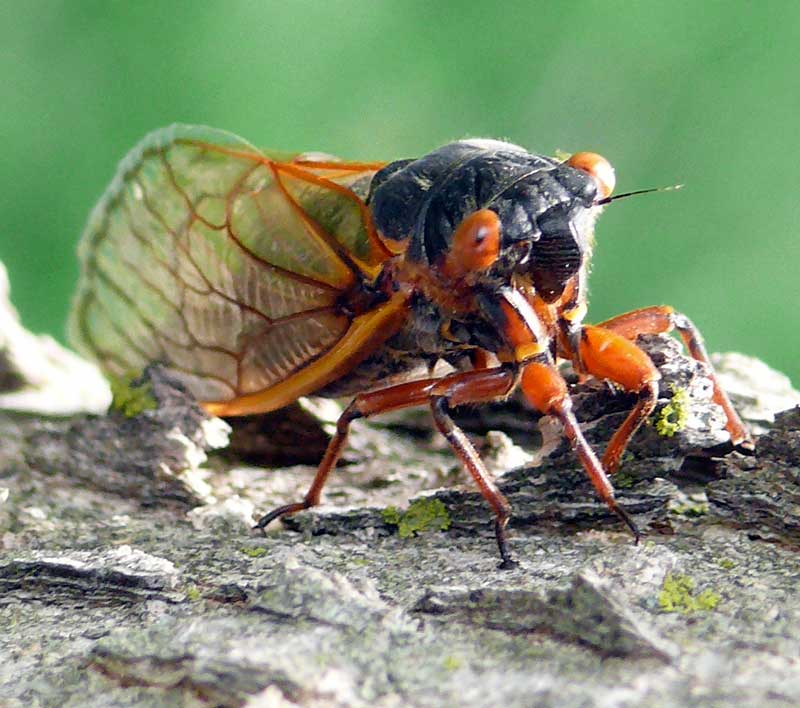This week we celebrate National Volunteer Week.
It is time to say THANK YOU to all our volunteers.
Cooperative Extension relies on volunteers, and we believe that active citizen involvement in our programs ensures success. The work of volunteers at state and local levels helps leverage our paid faculty and staff resources into a much greater impact and benefit for the people of Virginia.
For Extension Volunteer Stories see http://www.ext.vt.edu/news/centennial-articles/stories/index.html
Get Involved
There are many ways you can get involved as a volunteer with Cooperative Extension to bring your talents and skills to benefit the community. Some of them are listed below. If you are interested in volunteering, but not sure in what way, contact our offices: Arlington 703 228 6400 and Alexandria 703 746 5546. Staff will be happy to help you find a way to share your time and talents.
Here’s how to get involved volunteering locally with Cooperative Extension programs:
Arlington and Alexandria Extension Leadership Council (ELC)
The Arlington and Alexandria Extension Leadership Council is composed of interested residents, Cooperative Extension staff, and county and city liaisons who identify community issues and help ensure programs are responsive to real needs. Also, the ELC advocates in support of local programs and staff, and promotes greater awareness of the work of the Extension staff and volunteers. The ELC meets every two months. If you are interested in joining, please contact the Arlington or Alexandria Extension Office and come to an ELC meeting. ELC 2014 Brochure
.4-H Youth Development
4-H stands for head, heart, hands and health.

Every 4-H program benefits from this integrated approach to civic engagement and hands-on learning – and the dedication and service of caring volunteers. If you are interested in contributing your time to help further the development of youth in our community, please contact Reggie Morris, 4-H agent for Alexandria rbmorris@vt.edu or Emily Reiersgaard, 4-H agent for Arlington, emilyr@vt.edu

Master Gardeners
Master Gardeners encourage and promote environmentally sound horticultural practices through sustainable landscape management education and training.
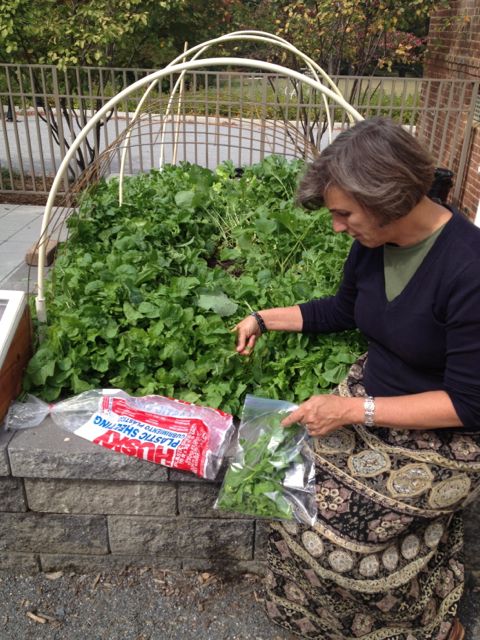
Here serving Arlington and Alexandria we have the Master Gardeners of Northern Virginia. Master Gardeners training will be offered in the fall. For details contact: Agriculture and Natural Resources agent, Kirsten Buhls kbuhls@vt.edu or Arlington’s Interim Master Gardener Coordinator, Jocelyn Yee jyee@arlingtonva.us
Arlington Regional Master Naturalists
The Arlington Regional Master Naturalist program is part of a statewide corps of volunteers providing education, outreach, and service dedicated to the beneficial management of natural resources and natural areas within their communities. If you’re interested in becoming an Arlington Regional Master Naturalist, go to http://armn.org/contact-us/
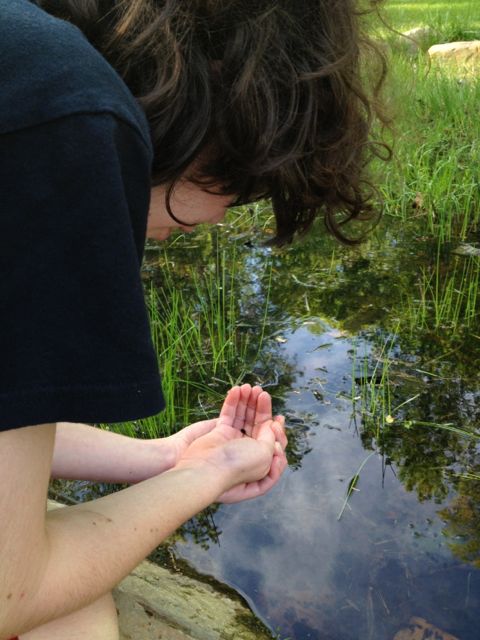
Master Food Volunteers
Master Food Volunteers help support Extension’s family and consumer sciences (FCS) agents through education and outreach programs related to food preparation, nutrition, food safety, and physical activity. Contact FCS agent Katie Strong kstrong@vt.edu for information about programs and trainings in the Arlington and Fairfax area.
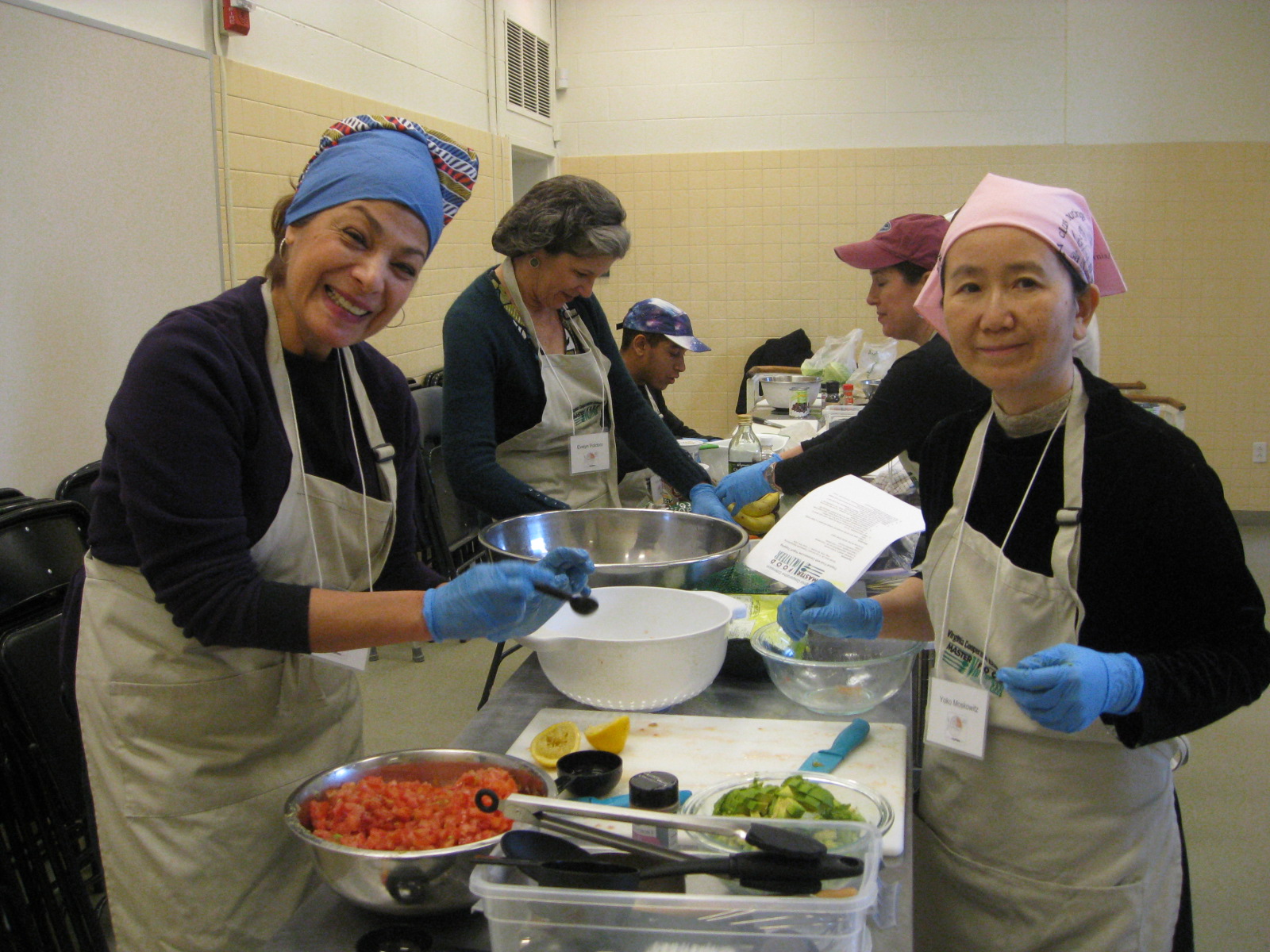
Arlington Energy Masters http://www.arlingtonenvironment.org/energy/
Arlington’s innovative Energy Masters program promotes a more energy efficient and sustainable Arlington community. We engage professionally trained volunteers in retrofitting, weatherization, and water conservation techniques serving low-income apartment residents. If you are interested in applying for the 2014-2015 program later this summer, please complete the volunteer interest form.

Master Financial Educators
Financial volunteers receive a comprehensive training on budgeting, retirement planning, home buying, and many other finance topics, instruction in counseling techniques. Volunteers can choose to help individuals or community groups with financial education programs – including learning to reconcile debts, set goals, budget spending, and organization to improve money management skills. Please contact Jennifer Abel jabel@vt.edu for details of the next training.

Volunteering Counts!
Here is how volunteering counts in Arlington and Alexandria.
In 2012: the Arlington and Alexandria staff and volunteers of Virginia Cooperative Extension reached over 50,000 people with 650+ education programs. 850+ active volunteers contributed over 32, 000 hours. That outreach was conducted with a local office staff of about a dozen people. That’s the power of volunteers!
Interested in volunteering statewide or at national level for Virginia Cooperative Extension? See: http://www.ext.vt.edu/volunteer.html

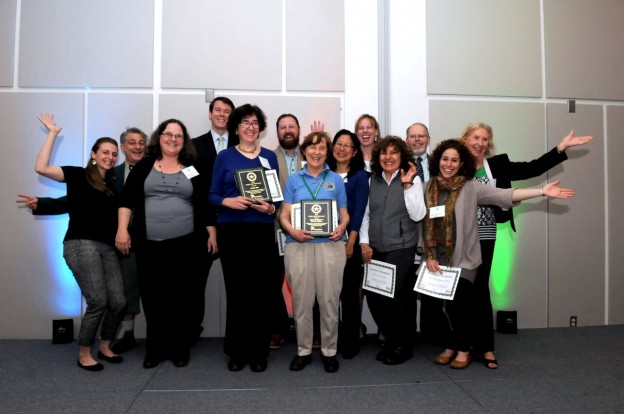


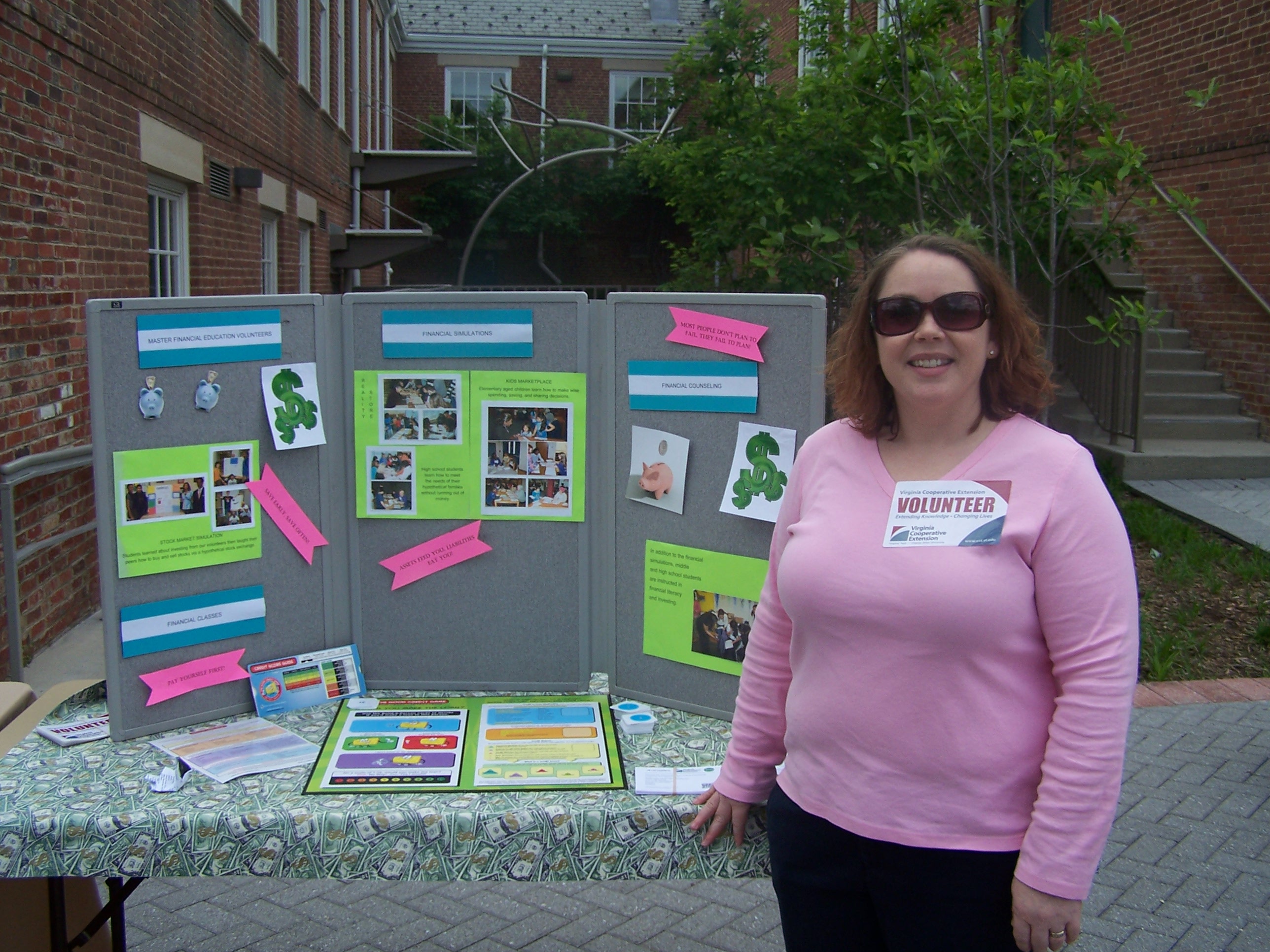
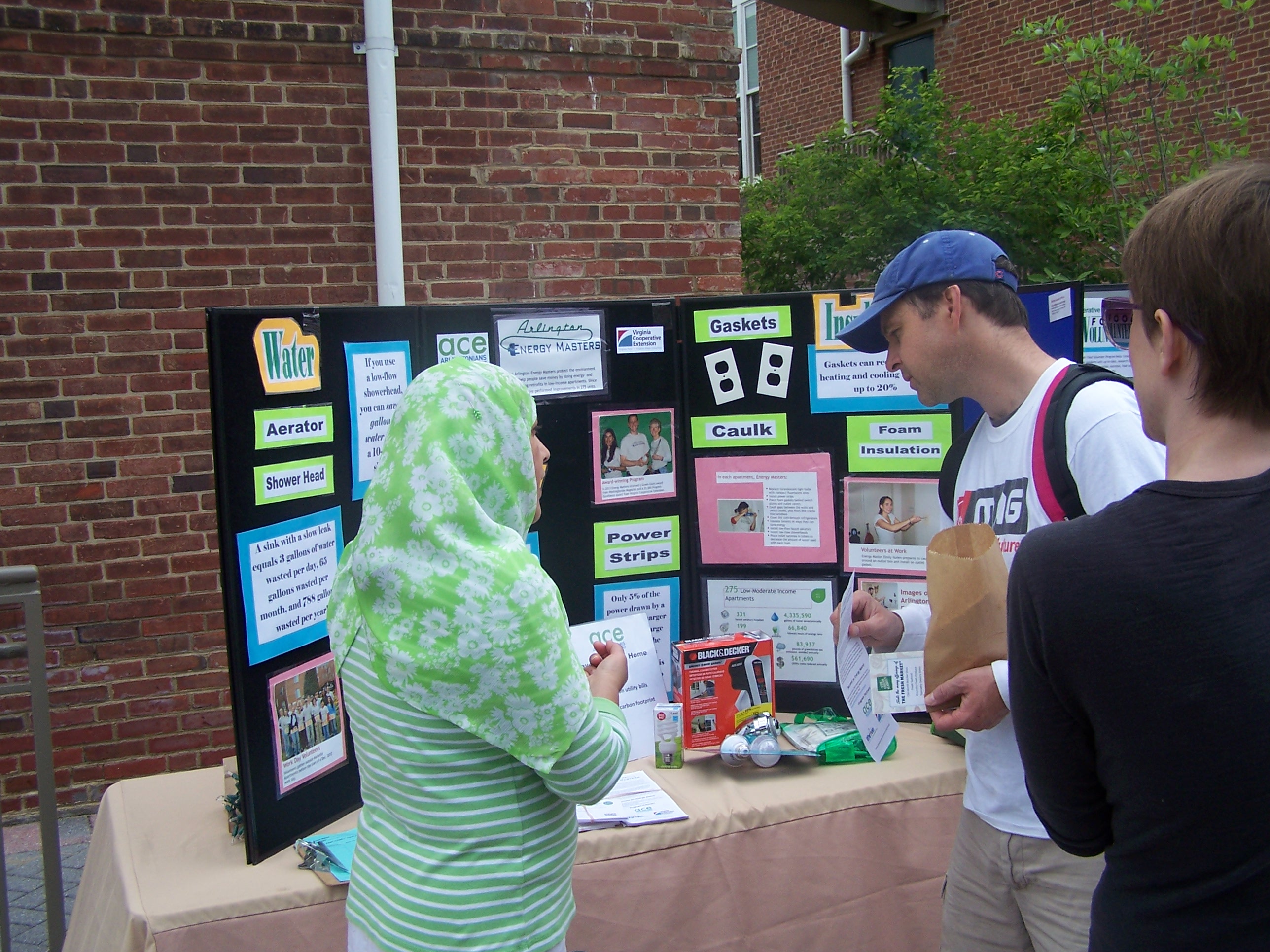
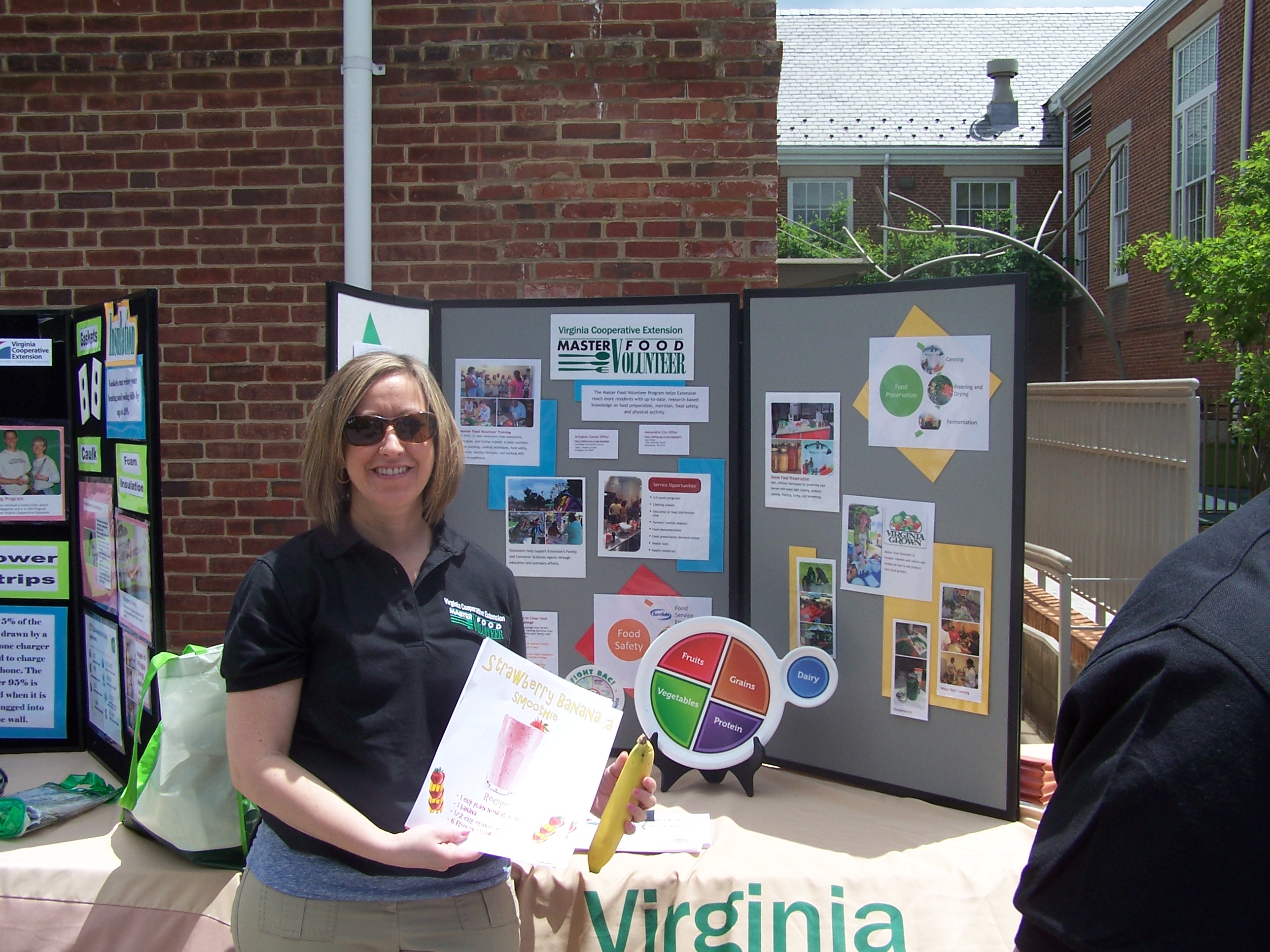







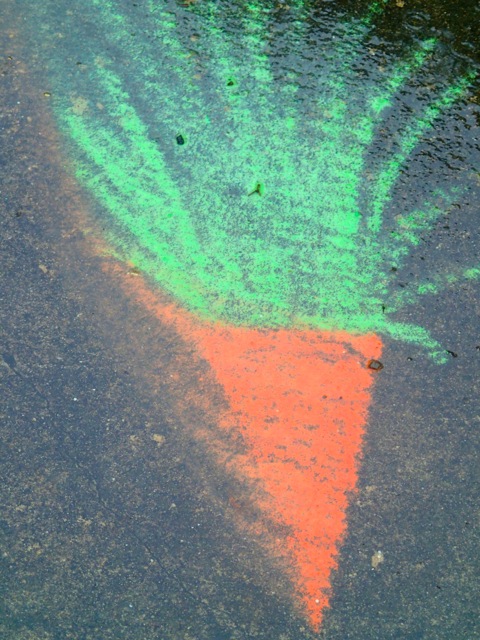
![Kudzu-Bug-2[1]](https://blogs.ext.vt.edu/arl-alexvce/files/2014/03/Kudzu-Bug-21.jpg)
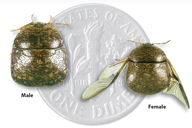
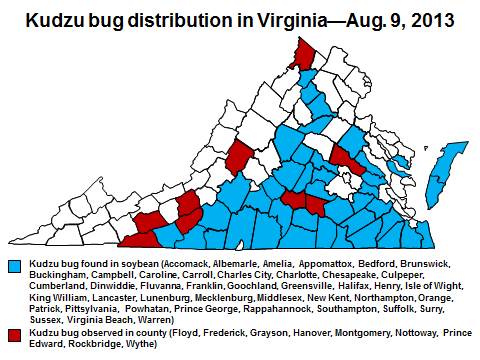
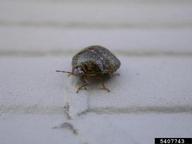
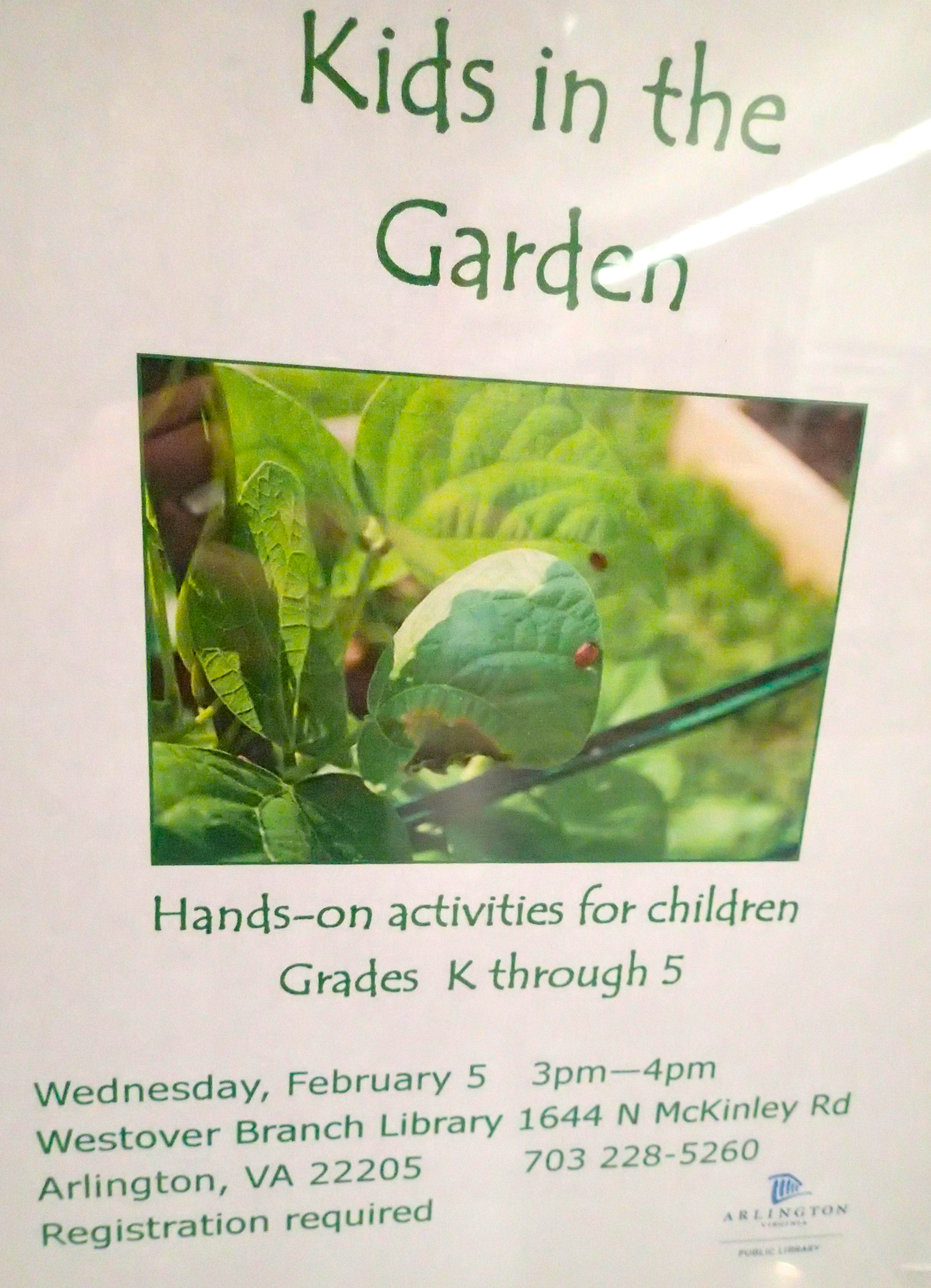
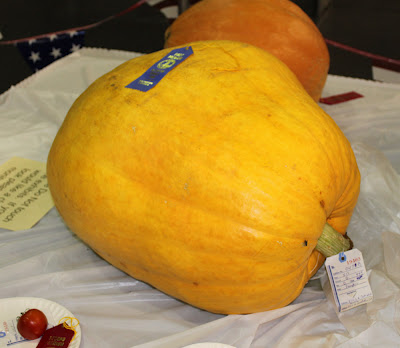 the Vegetable Fruits and Nuts Competitive Exhibits at the Arlington County Fair are supported by VCE Master Gardeners who serve as superintendents, judges, and administrative volunteers. This year, Extension volunteers will preside over two shows that take in entries from hundreds of exhibitors vying for blue ribbons and maybe even a Reserve or Grand Champion awards. Last year’s show inspired this entry from Nabih S. whose pumpkin was a huge hit. How big was it? Well it took two people to pick it up and the small tomato in the lower left corner will give an idea of its size.
the Vegetable Fruits and Nuts Competitive Exhibits at the Arlington County Fair are supported by VCE Master Gardeners who serve as superintendents, judges, and administrative volunteers. This year, Extension volunteers will preside over two shows that take in entries from hundreds of exhibitors vying for blue ribbons and maybe even a Reserve or Grand Champion awards. Last year’s show inspired this entry from Nabih S. whose pumpkin was a huge hit. How big was it? Well it took two people to pick it up and the small tomato in the lower left corner will give an idea of its size. 